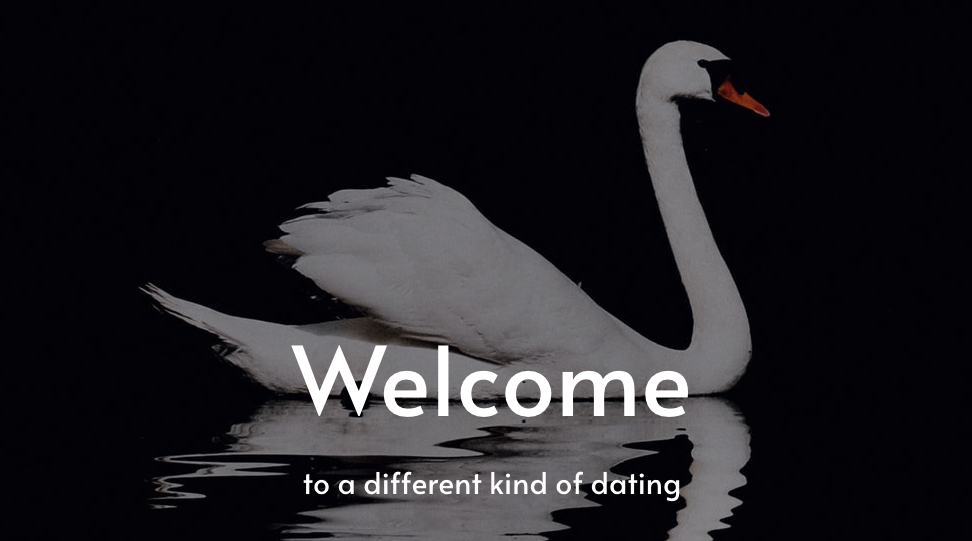Swan’s website greets you with the message, “Welcome to a different kind of dating.”
‘Swipe, swipe, swipe,’ the landing page continues, ‘there has to be a better way.’
Their proposed antidote? Human intervention.
Swan uses ‘a proprietary algorithm and dedicated team to hand-pick matches for you.’ They promise to handle everything, from finding your match to picking out a date location. “Imagine if all you had to do is show up,” the website reads.
It’s a familiar promise — they’re an old school matchmaker with a technical veneer.
Swan’s reimagining of the dating world is one where there’s no infinitum of overfilled inboxes or fruitless swiping, no ghosting, and no difficult conversations about how “you’re a great guy/gal, but I wasn’t feeling the connection.”
Dating app fatigue isn’t new, and in fact, has been ubiquitous since apps first hit the market. Once used for casual hook-ups in the gay male community, dating apps have become the de facto way to meet a romantic or sexual partner. Negative reactions to this dynamic are a mainstay in popular culture; venting frustration about dating apps is practically a genre of content in and of itself, from think pieces to stand-up comedy to viral social media posts. Some argue that the incel phenomenon is also a reaction to the ubiquity of dating apps.
People who propose solutions to our dating quandary are less common than people who complain about it, but each year, the number of ambitious people claiming to have the answer grows.
Last year, former academic Justin Murphy launched an arranged marriage agency targeted to disaffected, Internet-addicted millennials. As part of its “Uber for marriage” programme, its mission was to free people from choice paralysis and create values-based matches as opposed to a looks-based ones. (Full disclosure, I was briefly part of their marketing team.)
Social media also provides further ground for other types of matchmaking operations. On TikTok, professional matchmakers like Alexis Germany have found new life and new audiences. And on Twitter, you don’t have to look far for men willing to offer a bounty if somebody can find them a wife. Just ask Brenner Spear, who’s offering a cool $50,000 finder’s fee for whomever can find him a partner.
In addition, there’s been a spate of matchmaking efforts including everything from “digital blind dating” where people post anonymised personal ads for their friends and followers to simple open calls for singles to Zoom matchmaking.
One might be able to argue that these solutions seem to pop up every few years, with nothing really changing. But it could be that we’re now reaching critical mass? Just two weeks ago, arguably the biggest player in the dating industry, Match Group, which owns properties like OkCupid, Tinder, Plenty of Fish, and Hinge, introduced a human matchmaking element to its namesake property, match.com.
But while these changes appear to be a good thing— they ideally place people in long-lasting relationships more efficiently — it is still the market at work. Adding humans to an algorithm still doesn’t quite make it human.











Join the discussion
Join like minded readers that support our journalism by becoming a paid subscriber
To join the discussion in the comments, become a paid subscriber.
Join like minded readers that support our journalism, read unlimited articles and enjoy other subscriber-only benefits.
Subscribe